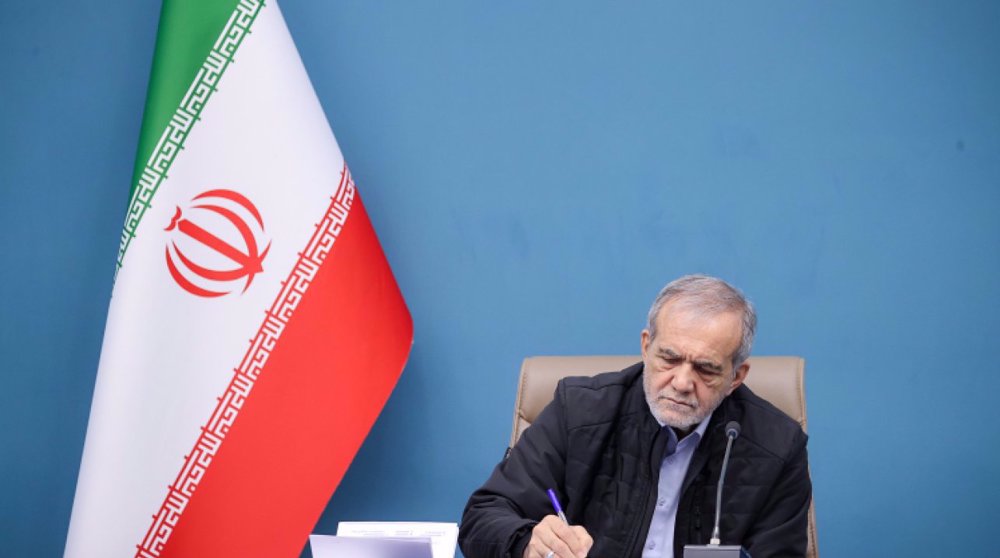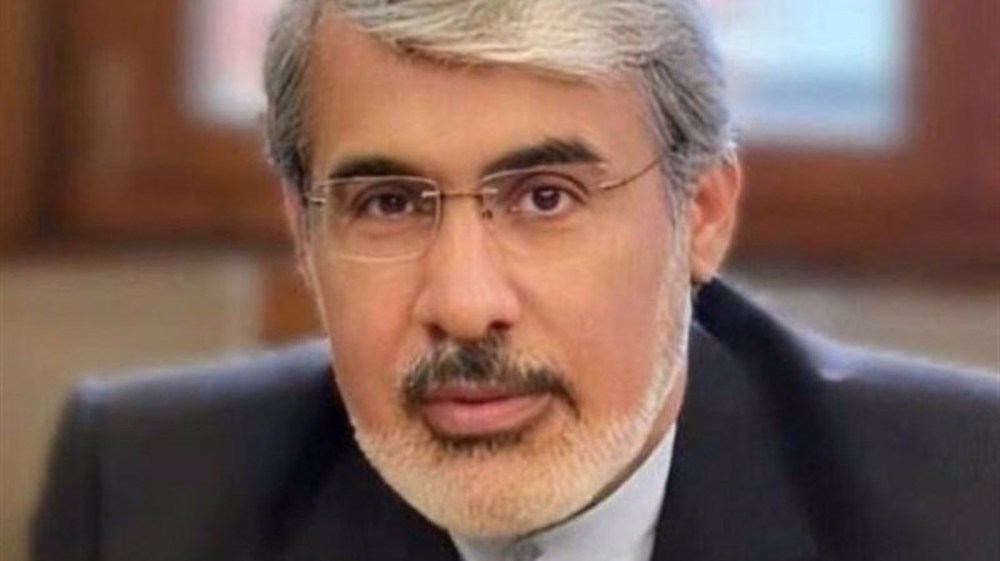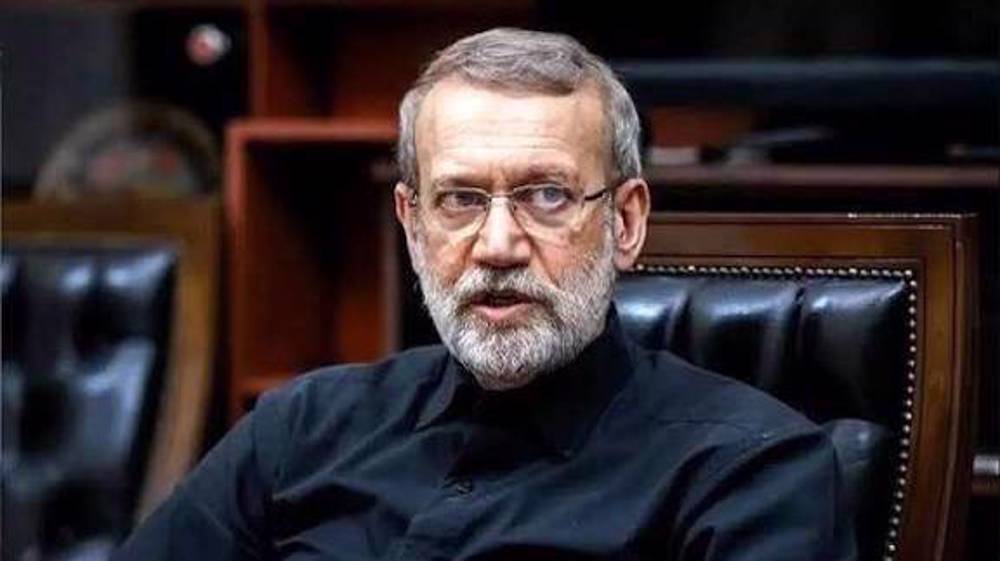US sanctions on independent states wrong, futile: Rouhani
Iran’s President Hassan Rouhani has criticized the United States for the imposition of economic sanctions against independent countries, saying such policy is wrong and futile.
“In the world’s trade and economic system, freedom of trade and economic relations should exist between countries within the framework of international regulations,” Rouhani said in a meeting with Cuba’s Vice President of the Council of Ministers, Ricardo Cabrisas Ruiz, in Tehran on Saturday.
Iran and Cuba have both been the target of various US sanctions over the past decades.
However, sanctions against Iran over its nuclear program were stipulated to be removed under last year’s agreement between Tehran and the P5+1 group of countries, known as the Joint Comprehensive Plan of Action (JCPOA), which went into effect on January 16.
Meanwhile, despite a thaw in diplomatic relations between Washington and Havana, a 55-year embargo on Cuba still remains in place. The two countries became ideological foes soon after the 1959 revolution that brought Fidel Castro to power and their ties remained hostile even after the end of the Cold War.
Rouhani also pointed to the issue of terrorism and the intervention of foreign powers in internal affairs of regional countries and said, “It is very important for the Islamic Republic of Iran that regional nations will be able to make decision about their own fate and future without the direct and indirect meddling of foreigners.”
The Iranian president emphasized that terrorism poses a danger to all countries in the world and expressed Tehran’s readiness to boost cooperation with friend countries, including Cuba, on major regional and global issues.
He expressed hope that Iran and Cuba, as two key member countries of the Non-Aligned Movement, would strengthen cooperation to bring about positive developments in favor of the organization and its members.
Rouhani stressed the importance of taking practical steps to expand Tehran-Havana relations in different fields.
He said the two countries should make use of bilateral potential to improve relations, particularly in the sector of economy, after the implementation of the JCPOA.
On January 16, Iran and the five permanent members of the United Nations Security Council – the United States, Britain, France, China and Russia – plus Germany started implementing the JCPOA that they had clinched on July 14, 2015.
Under the nuclear agreement, Iran agreed to limit its nuclear program in return for the termination of all nuclear-related sanctions against the Islamic Republic.
Cuba keen to boost ties with Iran
Meanwhile, Cabrisas handed over a written message by Cuban President Raul Castro to Rouhani and said Havana calls for the promotion of all-out relations with Tehran.

He said Cuba regards Iran’s success in nuclear negotiations with the six global powers as a victory for the Iranian nation and government as well as all independent countries across the world.
US-Israeli aggression left Tehran with no choice but to defend Itself: President Pezeshkian
Iran urges immediate intl. action against US attacks on schools
Iraq won’t allow terror groups to cross border into Iran: Security official
Iran’s security chief: Does America come first or Israel with 500 US soldiers killed?
Iran warns all Israeli embassies ‘legitimate targets’ if Lebanon embassy attacked
IRGC pounds bases of anti-Iran terrorist groups in Iraqi Kurdistan
Iran’s Fattah 2 hypersonic missile nearly impossible to intercept: Report
Another girls’ school targeted in US-Israeli attacks on Iran















 This makes it easy to access the Press TV website
This makes it easy to access the Press TV website